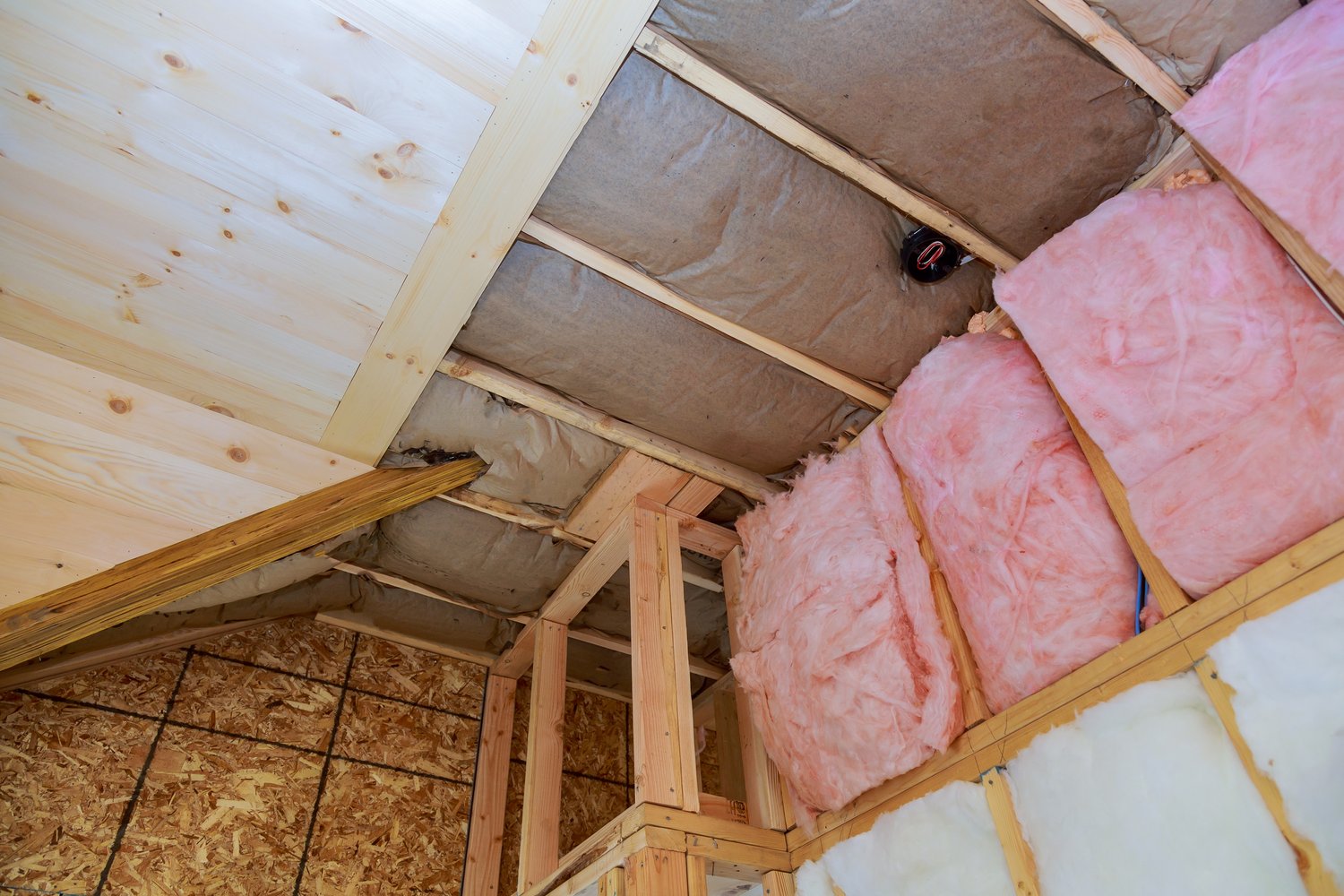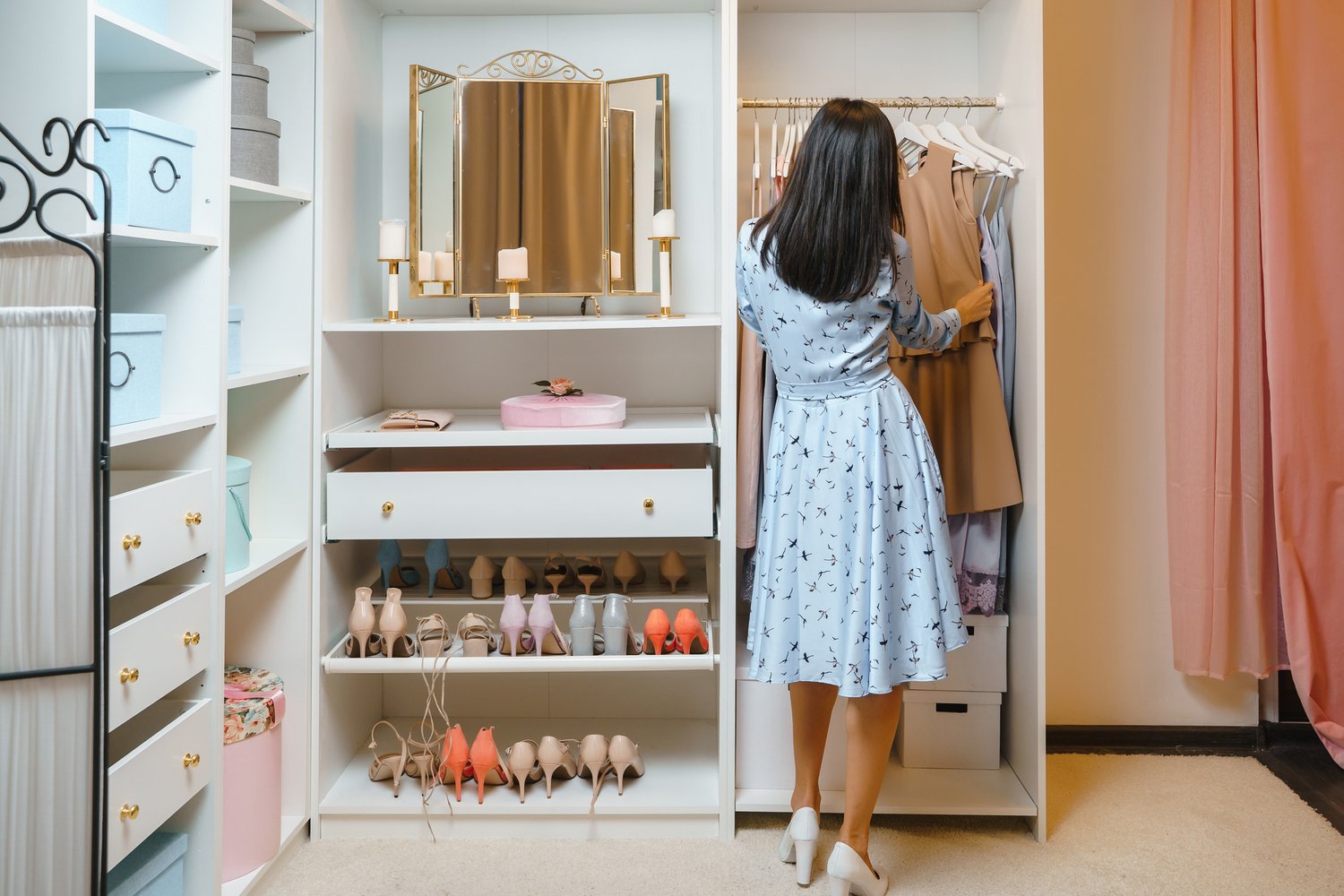Insulation Isn’t Just for Cold Climates
Many homeowners think of insulation as something only needed in winter, but it plays a year-round role in keeping your home comfortable. Proper insulation helps regulate indoor temperatures, reduces energy consumption, and supports better HVAC performance. When it’s not doing its job, you may notice temperature swings, rising energy bills, or increased strain on your heating and cooling system. That’s why insulation is a key part of any strategy for an energy-efficient home.
Your HVAC System Might Be Overworking
If your HVAC system seems to be running constantly—even on mild days—it could be compensating for poor insulation. Heat escaping through walls, attics, or crawl spaces forces your system to work harder to maintain a consistent temperature. This not only drives up your energy costs but also puts extra wear and tear on your equipment. As part of your HVAC spring prep, it’s worth checking if your insulation is helping or hurting your system’s efficiency.
Hot and Cold Spots Are a Red Flag
Walking from one room to another shouldn’t feel like stepping into a different season. Inconsistent temperatures throughout your home often indicate areas where insulation is missing or deteriorated. This can be especially common in older homes or additions that weren’t insulated properly. Sealing up these gaps can significantly improve indoor comfort and make every room feel more livable.
Energy Bills That Keep Creeping Up
A sudden or gradual increase in your monthly energy bill is one of the most common signs that your insulation needs attention. Even small inefficiencies in your attic, basement, or exterior walls can lead to major energy loss over time. Improving insulation can lower heating and cooling costs, helping your household become more sustainable and budget-friendly. It’s one of the most effective energy-efficient home tips to implement before the seasons change.
Drafts You Can Feel Around Doors and Windows
Noticing a breeze near closed windows or doors? That’s a clear sign your insulation and weatherproofing aren’t doing their job. While weather stripping and caulking can help, these issues often point to a larger insulation problem in nearby walls or floors. Addressing the root cause will help eliminate those drafts and support more stable indoor conditions throughout the year.
Moisture, Mold, or Pest Issues
Insulation does more than control temperature—it also helps protect your home from moisture and pests. If you’re seeing signs of mold in the attic or discovering pests inside your walls, old or poorly installed insulation could be to blame. Replacing damaged insulation can restore your home’s barrier against external elements and improve indoor air quality. It’s also a smart move before beginning any professional HVAC maintenance or repairs.
Aging or Compacted Insulation
Insulation doesn’t last forever. Over time, materials like fiberglass can settle, compact, or degrade, reducing their effectiveness. If your home is more than 15 years old and hasn’t had an insulation upgrade, it might be time for a closer look. A quick inspection from a qualified pro—found easily through AskHomey.com—can help determine whether your insulation is still performing as it should.
Planning Ahead for Seasonal Shifts
Insulation becomes especially important during seasonal transitions. As temperatures warm up, homes with poor insulation may struggle to stay cool without overworking their cooling systems. Upgrading insulation before summer hits can be a smart part of your HVAC spring prep, helping your system run more efficiently through the hottest months. It’s a preventative step that pays off in comfort and cost savings.
Why Professional Support Makes a Difference
While some insulation issues are easy to spot, others require a trained eye. A professional contractor can assess your home’s unique needs, recommend the right materials, and ensure proper installation. Insulation upgrades are most effective when done in coordination with other home efficiency projects like air sealing or HVAC optimization. To find someone qualified in your area, head to AskHomey.com and connect with trusted experts.
A Well-Insulated Home Pays Off All Year
Upgrading insulation is one of those improvements that makes an immediate impact—and keeps delivering long after the work is done. From improved indoor comfort to lower energy bills and better HVAC performance, it’s a smart investment for homeowners in any climate. Whether you’re noticing symptoms now or just planning ahead, addressing insulation could be the key to making your home feel more comfortable and efficient.
For more inspiration, follow AskHomey on Instagram and Facebook.



